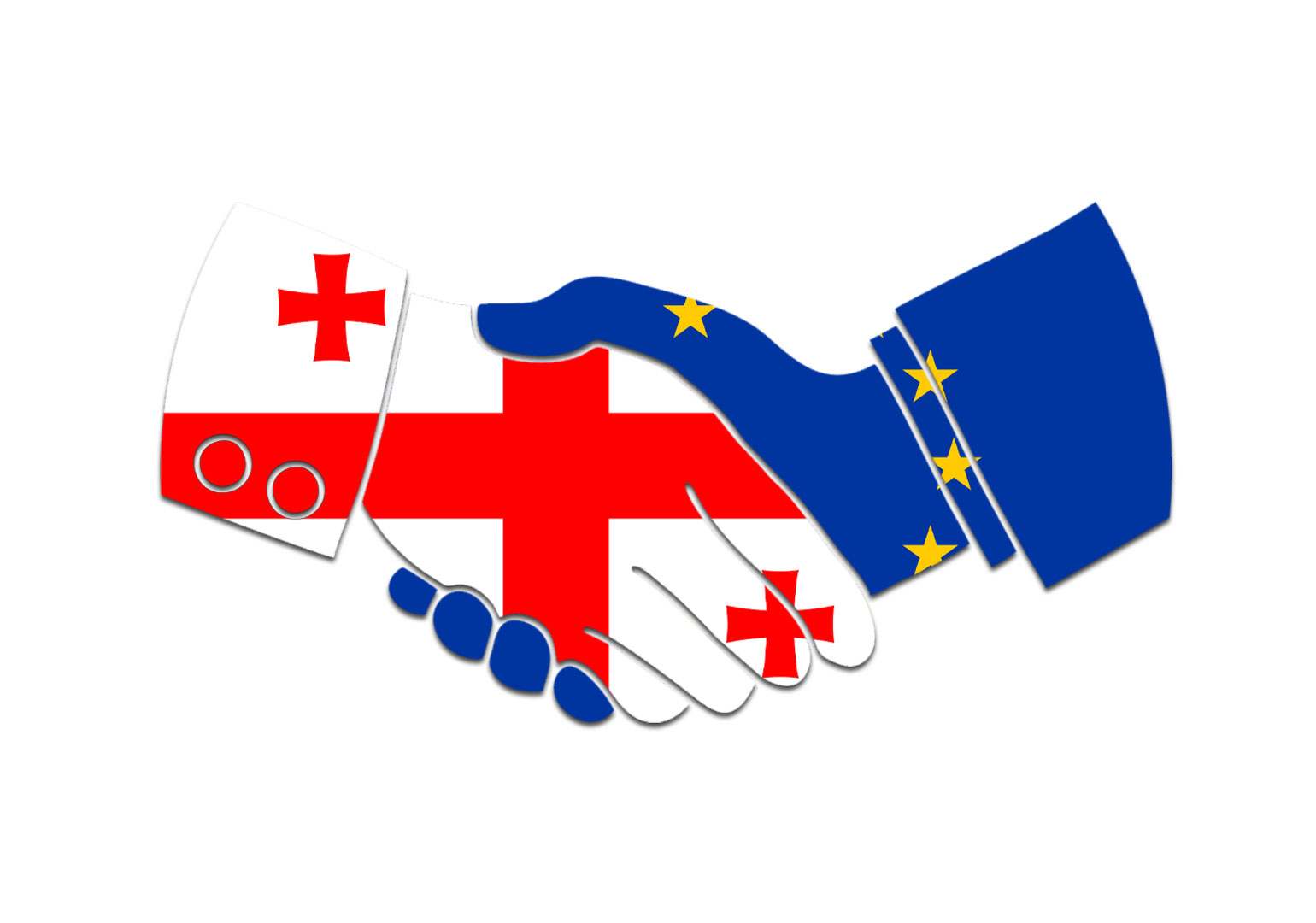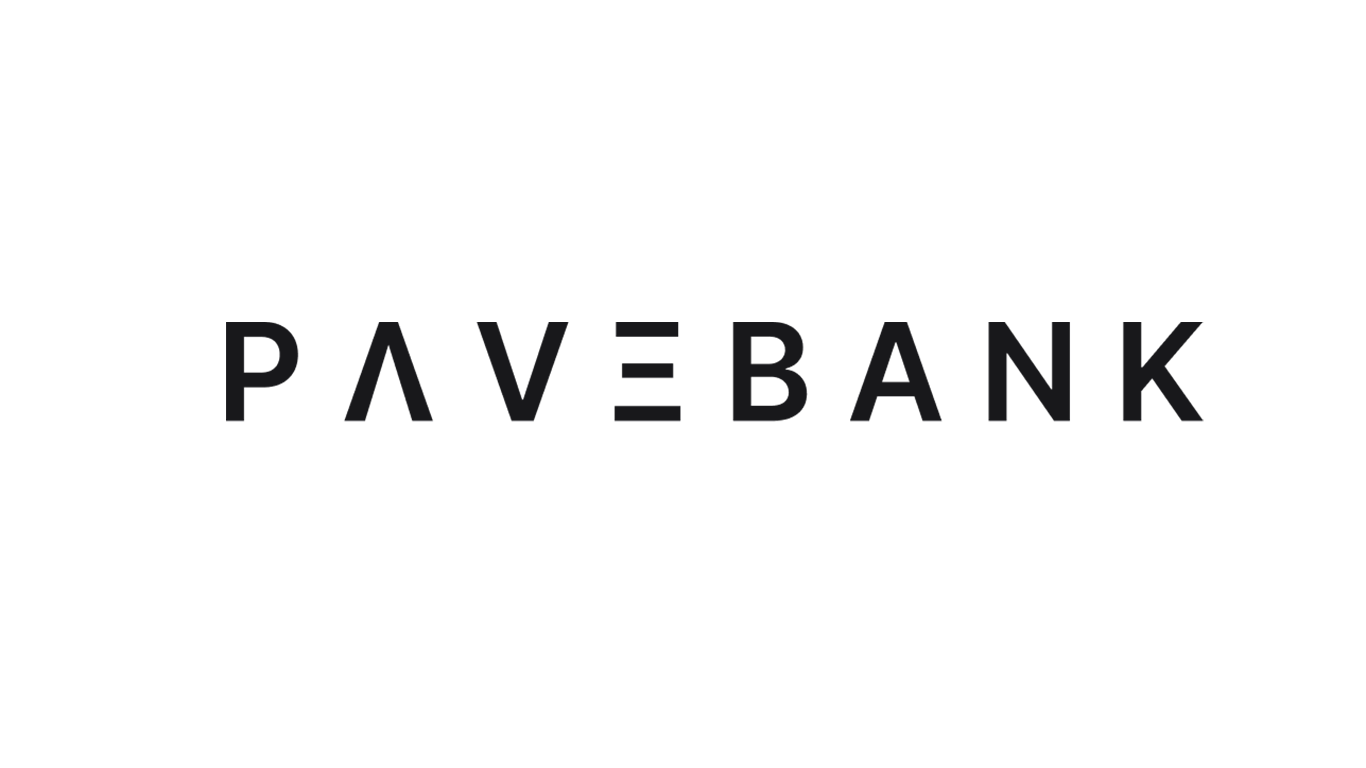On March 3, Georgia submitted an application to become a member of the European Union. The announcement followed a similar move by Ukraine, after tens of thousands of Russian troops crossed its borders from the east, south, and via Belarus from the north. The Georgian government’s decision was announced by Irakli Kobakhidze, the chairman of the ruling Georgian Dream party, who requested the EU to review the application in an emergency manner and to grant Georgia the status of an EU membership candidate. The Georgian government’s decision to eventually apply for EU membership came as a surprise as it has dismissed previous calls to try to accelerate the EU application process. On March 1, the government insisted that the country was not yet ready to submit an application and that the process should start in 2024, according to the decision made in January 2021. The chairman of the Georgian Dream incumbent party even stated that a hasty application would have been counterproductive as Georgia still has to satisfy certain terms.
The Georgian government’s move to apply for EU membership came amid mounting controversy over its lack of solidarity with Ukraine and reluctance to join international sanctions against Russia. President of Georgia, Salome Zurabishvili, recently made an official visit to Brussels, where she met European Commission President Ursula von der Leyen and President of Council of the EU, Charles Michel. Zurabishvili also criticized the government for its lack of solidarity with Ukraine in her social media statements. In the meantime, tens of thousands of Georgians who have been nightly gathering in Tbilisi to express solidarity with Ukraine have demanded a stronger response from the government. Applying for the EU membership was one of the main demands at the multi-thousand rally on March 1. Demonstrators also demanded the resignation of the Prime Minister, which could have put significant pressure on the government. Hence, on March 2, the Georgian Dream party announced that it was preparing an application for EU candidate status in an expedited manner. The chair of the Georgian parliament’s foreign affairs committee, Nikoloz Samkharadze, commented that some positive “signals” had been sent from the EU. While it is not clear what signals have been received by the government, there seems to be an opening for Ukraine, Georgia and Moldova to get closer to the EU.
Georgia signed an Association Agreement with the EU in 2014 and accrued a Deep and Comprehensive Free Trade Agreement with the EU and visa-free regime with Schengen Zone countries. Since then, the EU and Georgia have been working on the implementation of the reforms that Tbilisi promised to enact under that agreement. According to the 2021 Association Implementation Report, Georgia has advanced “steadily on its European path” “and remained committed to the Eastern Partnership.“ However, the report highlighted remaining important challenges, such as the lack of independence and accountability of the judiciary. These issues may have a negative impact on the EU’s final decision on Georgia’s candidacy for membership or could disrupt the accession negotiations.
The accession process usually lasts for several years and requires a country to meet stringent benchmarks, the so-called Copenhagen Criteria. These criteria encompass factors, such as economic stability, corruption and human rights, etc., that a country needs to meet in order to advance in accession negotiations with the EU. When a country formally applies for membership, the European Commission prepares an assessment report on the country’s readiness to begin talks. Then, all 27 EU member states make a decision whether the country is ready to be granted a candidate status in the form of unanimous voting taken at the European Council. The next stage includes accession negotiations that cover chapters of the acquis, which form the basis of the accession negotiations for each candidate country. There are 35 chapters and each of them corresponds to the different reforms that are needed to meet the accession conditions. Candidate countries are required to adapt their administrative and institutional infrastructures and to bring their national legislation into line with EU legislation in these areas. The pace of the negotiations then depends on the speed of reform and alignment with EU laws in each country.
Georgia along with Ukraine and Moldova has signed Association Agreement with the EU “on economic integration and political approximation” and free trade, which is no guarantee for eventual membership. However, the steps taken in the framework of Association Agreements help countries better satisfy economic and administrative conditions for candidacy and eventual EU membership. According to the latest study conducted by CEPS, Georgia outscores other associated states and even potential candidate countries in Western Balkans in terms of economic and political governance. This advantage increases Georgia’s chances to meet the Copenhagen Criteria.
On the other hand, since 2018 Georgia has struggled with democratic backsliding. The government has displayed authoritarian tendencies as it harassed independent media and politicised the judiciary system. These issues might impede Georgia’s chances to fulfil the strict political criteria essential for obtaining a membership candidate status. At the same time, the Georgian Dream ruling party has not shown active support for Ukraine, nor has it imposed sanctions against Moscow. Against this backdrop, it is crucial for the party to show commitment to the democratic reforms envisaged by the Charles Michel agreement and stand in full solidarity with Ukraine. It is worthwhile to note that by awarding candidacy status to Georgia, the EU could utilise an opportunity to easily drive Georgia’s current government back onto the democratic track and push them to actively implement reforms. This could be a breakthrough not only for Georgia but also for the EU in terms of resolidifying its image as a democracy reinforcing actor.
















